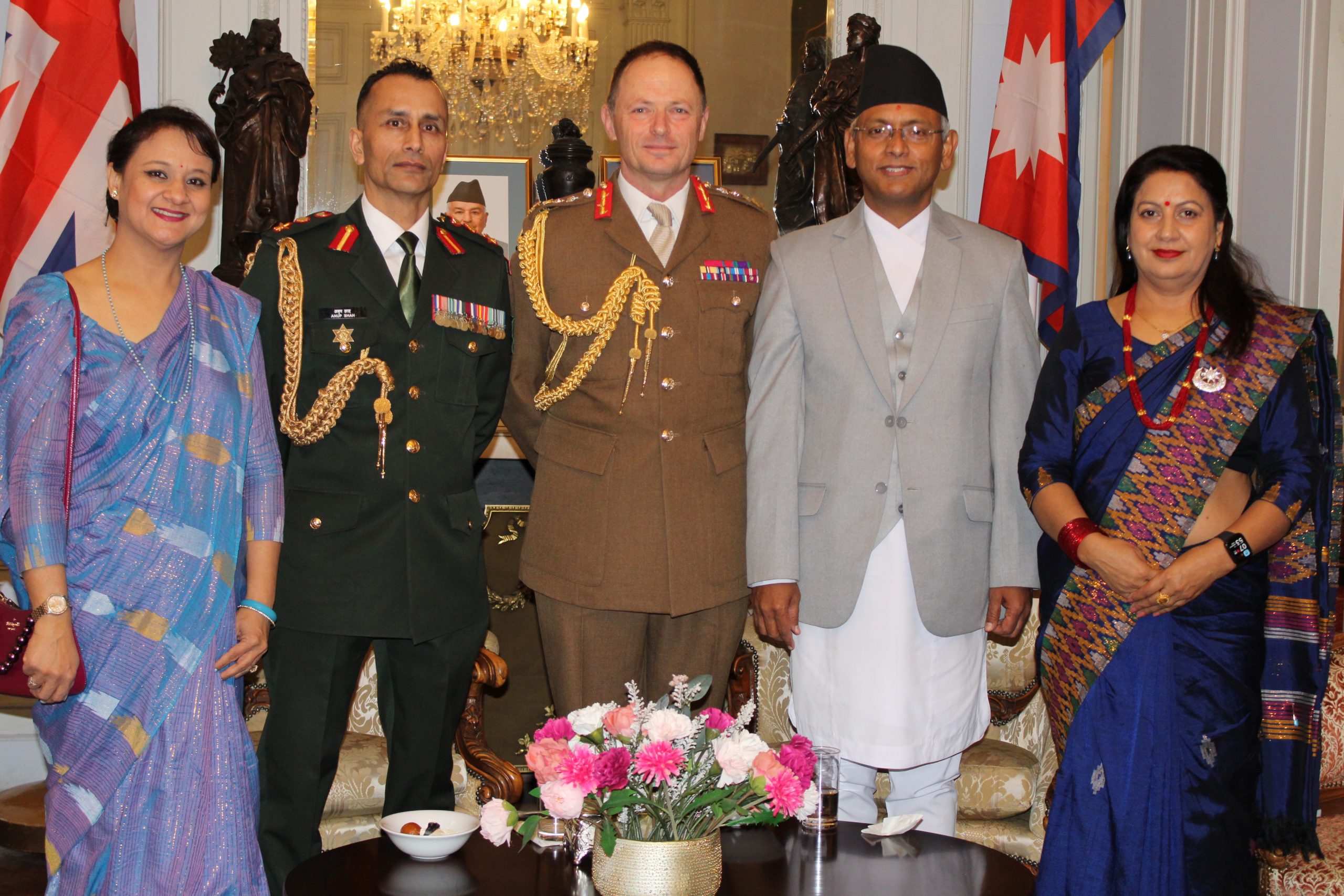Academics from U.K. show concern on lack of action against sexual harassment in Tribhuvan University
February 17, 2019

London : The Britain-Nepal Academic Council has shown its serious concern upon lack of investigation and serious action against the allegation of sexual harassment (See link ) and misconduct to one of the former lecturer of the Tribhuvan University and other few of similar cases from academic institutions published in national media.
Issuing an statement signed by 14 of the professors and lectures working in Britain , BNAC has urged to all the Universities and academic institutions in Nepal to address the problem of any kind of harassment along with the sexual harassment , genders related harassment and maintain the fair and fearless learning environment to the students and all the staffs.
BNAC has further elicited the responsibility of the university administration to ensure the safe and secure learning environment to all the students and lecturers and address the problem through a clearer and precise regulations as Universities owe a duty of care both to their students and to their staff, and this duty includes ensuring a safe environment in which to work and study. This would encourage survivors to come forward and report unacceptable and unlawful behaviour. Introducing such a policy would also be a chance for the university to demonstrate moral leadership at a time when crimes of violence against women and gender-based violence, and impunity for the perpetrators, seem to be on the rise in the country as a whole.
The full statement of BNAC :
15/02/2019
BNAC Statement on the Alleged Sexual Harassment and Misconduct at Tribhuvan University, Nepal
The Britain-Nepal Academic Council (BNAC) is deeply concerned to hear about the lack of any investigation into the allegations of sexual harassment and misconduct levelled against a leading retired academic in Tribhuvan University, and about the lack of appropriate internal mechanisms of redress within the university. We call on Tribhuvan University and all other universities in Nepal without such policies and mechanisms in place to draft and introduce as soon as possible a policy on sexual harassment and misconduct along with (1) clear and transparent procedures for investigating such allegations, (2) adequate disciplinary procedures, and (3) appropriate remedies.1 The BNAC also urges Tribhuvan University and Nepal’s other universities not to rely solely on the law of the land, as the Vice Chancellor was reported recommending in the Kathmandu Post.2 Universities owe a duty of care both to their students and to their staff, and this duty includes ensuring a safe environment in which to work and study. Publishing a code of conduct in this way would encourage survivors to come forward and report unacceptable and unlawful behaviour. Introducing such a policy would also be a chance for the university to demonstrate moral leadership at a time when crimes of violence against women and gender-based violence, and impunity for the perpetrators, seem to be on the rise in the country as a whole.
Dr Krishna Adhikari (CNSUK/University of Oxford, Chairperson)
Dr Punam Yadav (University College London, General Secretary)
Dr Fraser Sugden (University of Birmingham, Treasurer)
Professor David Gellner (University of Oxford).
Professor Michael Hutt (SOAS, University of London)
Dr Ben Campbell (Durham University)
Professor Sondra Hausner (University of Oxford)
Dr Feyzi Ismail (SOAS, University of London) Premila van Ommen (University of Arts London)
Dr Sara Parker (Liverpool John Moores University)
Dr Stefanie Lotter (SOAS, University of London)
Dr Kalyan Bhandari (University of the West of Scotland)
Dr Tejendra Pherali (University College London) Professor Edwin van Teijlingen (Bournemouth University)




















Facebook Comments